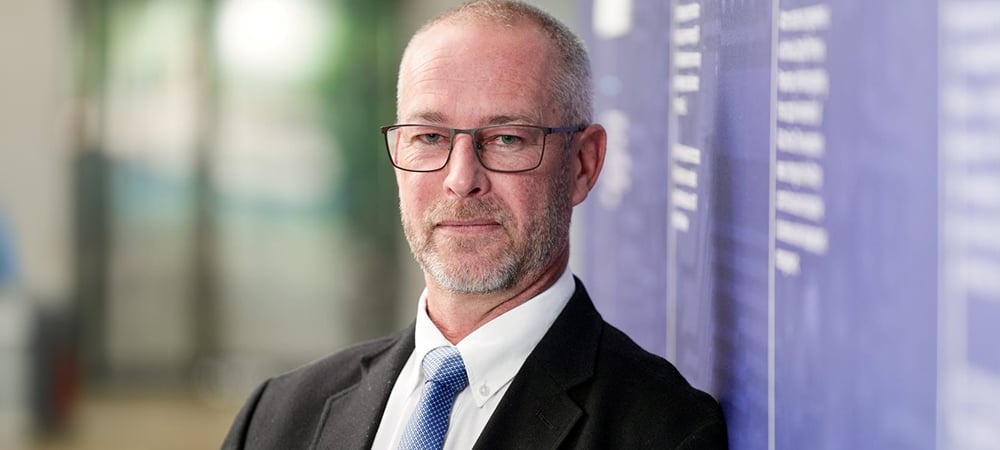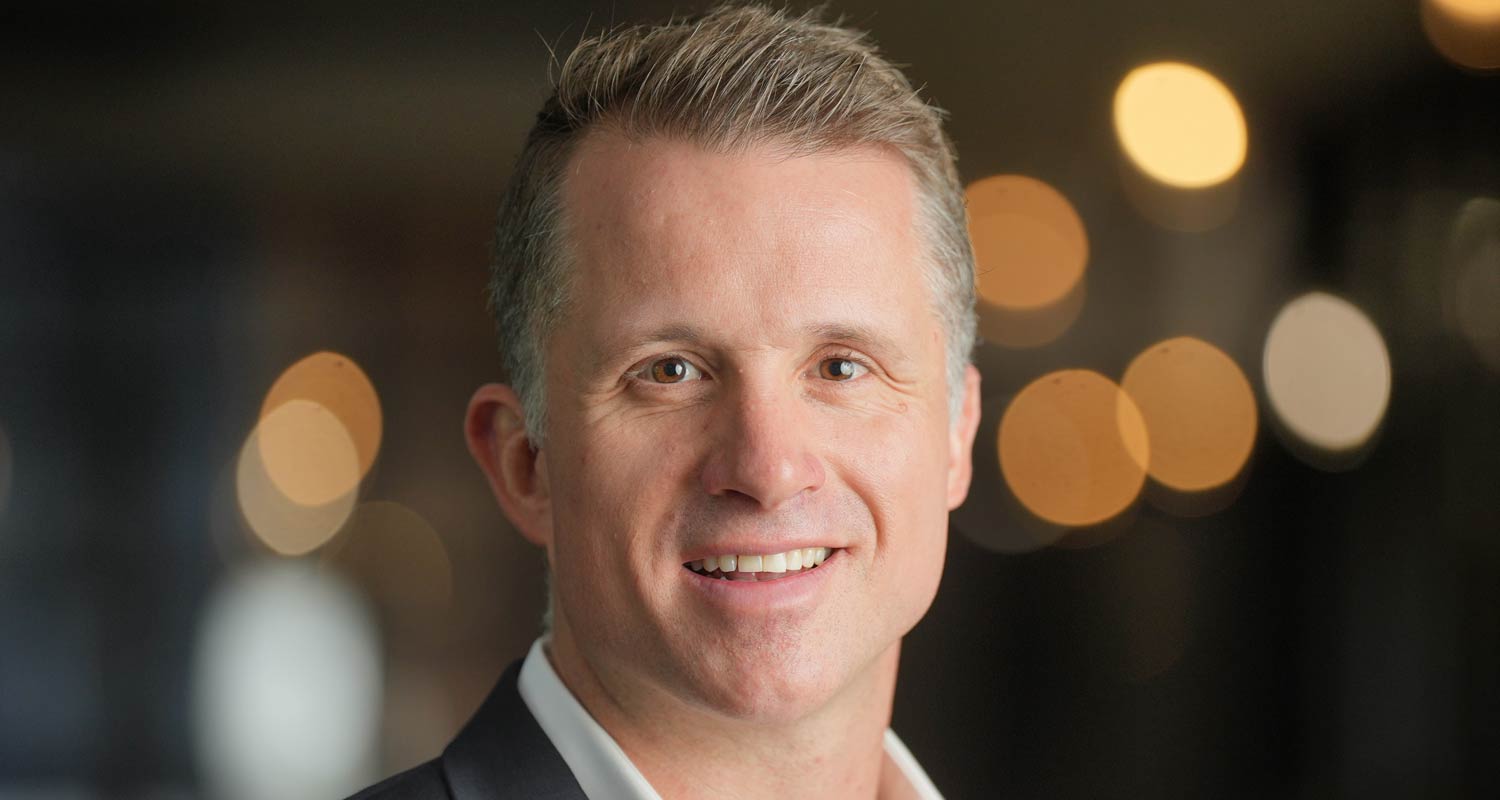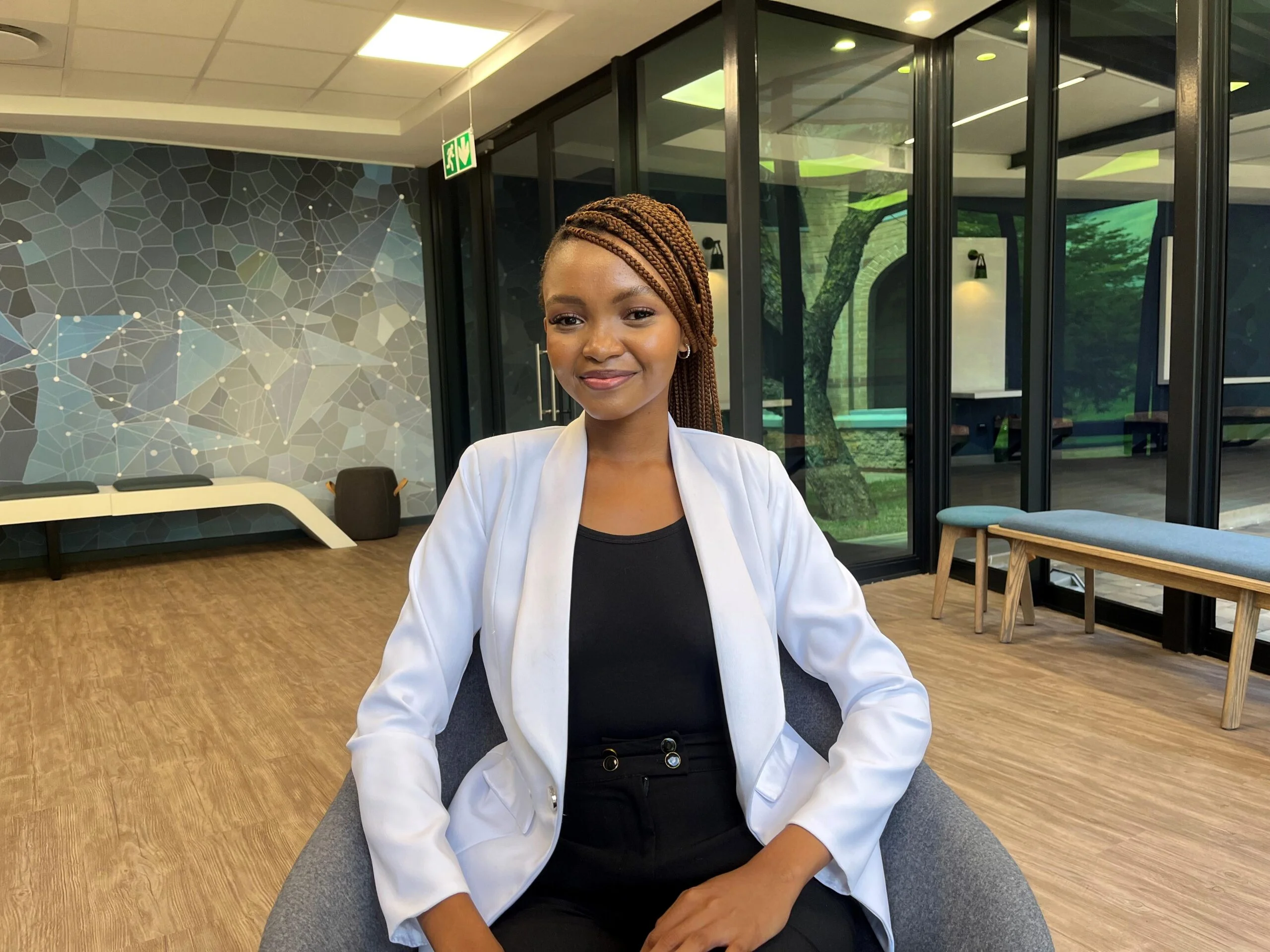Reducing IT escalations by more than 50%
We created the Massmart Tech Booth to support and help them provide employees with more efficient IT support. Offering immediate walk-in support, the Tech Booth handles nearly 1 500 queries each month.
Learn more.png?width=360&height=90&name=Putco%20(1).png)


.png?width=500&height=290&name=Hungry%20Lion%20Image%20(1).png)



